Power prefers a clean story, yet private rooms complicate the script. Court diaries, letters, and lab notes reveal rulers who slipped from ceremony into pursuits that look oddly tender or unsettling up close. A tsar kept dental tools at the ready, an absolute monarch tuned locks while politics unraveled, and a wartime emperor labeled jars of sea creatures with patient care. Others chased cinema, drafted melodrama, or practiced flute sonatas by lamplight. The contrast does not excuse the reigns. It simply shows the human seams that stitched them together.
Peter the Great Practiced Amateur Dentistry
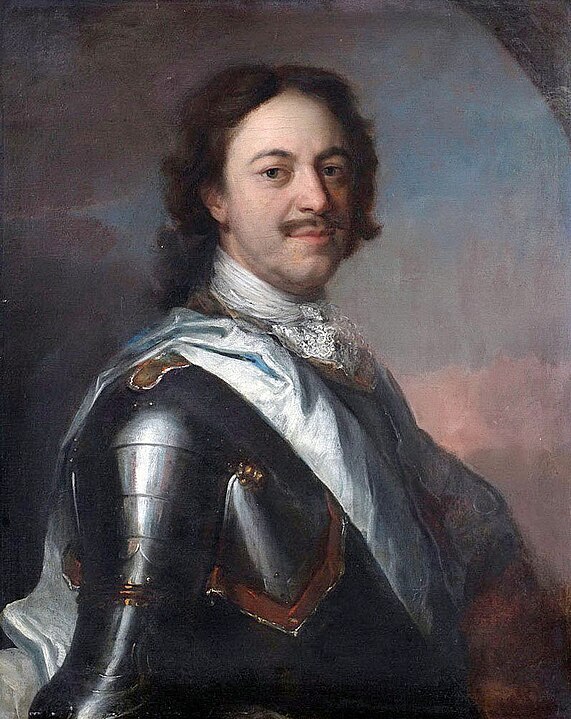
The reforming tsar who modernized fleets and forced new dress codes also kept a velvet pouch of dental instruments and a private habit of extracting teeth. Courtiers learned to dread his cheerful offers of help, since curiosity and force met in the same chair. He prized hands on mastery, from ship carpentry to surgery, and dentistry became one more arena where nerve and metal could solve a problem. The image of a rational modernizer remains, but the grip feels far more literal.
Louis XVI Obsessively Worked as a Locksmith
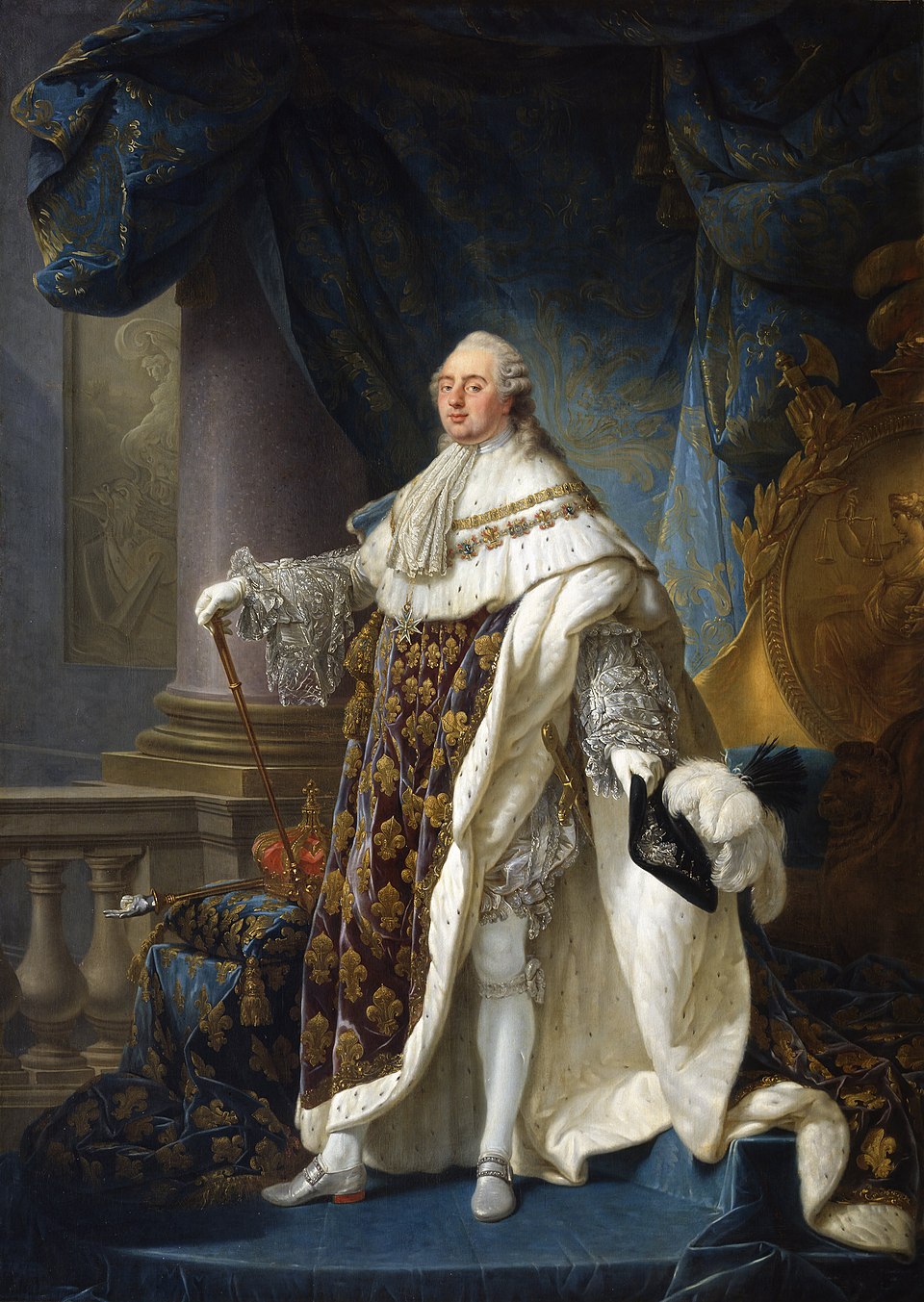
France’s king, remembered for crisis and collapse, found order in tumblers and keys. He maintained a small workshop at Versailles, filing and testing warded locks with a favored craftsman while Paris seethed. The hobby soothed a mind that loved mechanism and predictability, even as politics slipped beyond control. To supporters it looked harmless, even diligent. To critics it signaled detachment, a monarch twisting keys in a tidy world while the nation refused to click into place.
Emperor Hirohito Pursued Marine Biology
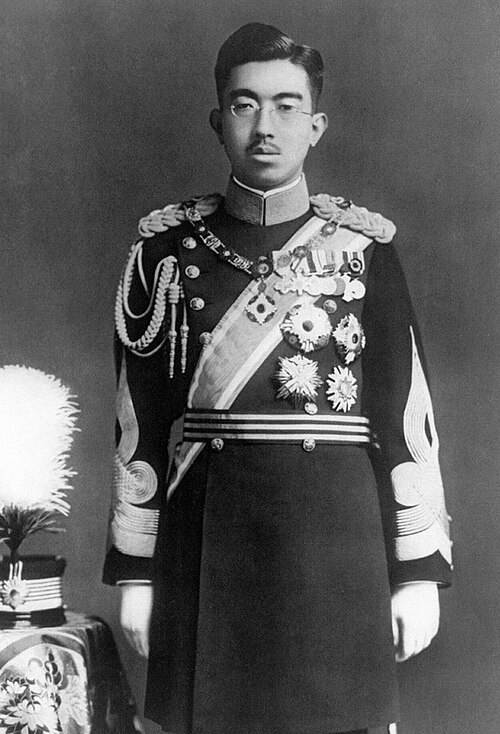
Japan’s emperor spent long stretches cataloging hydrozoans and other marine life, preserving specimens and annotating careful plates in a private lab. The work asked for patience, precision, and a cool eye, qualities that sat uneasily beside imperial power during war and reconstruction. He published notes that scholars still cite, which keeps the record clear and the tension sharper. Scientific curiosity did not erase responsibility, but it did reveal a ruler who sought control through labeling and measured observation.
Kim Jong Il Ran a Secretive Film Factory
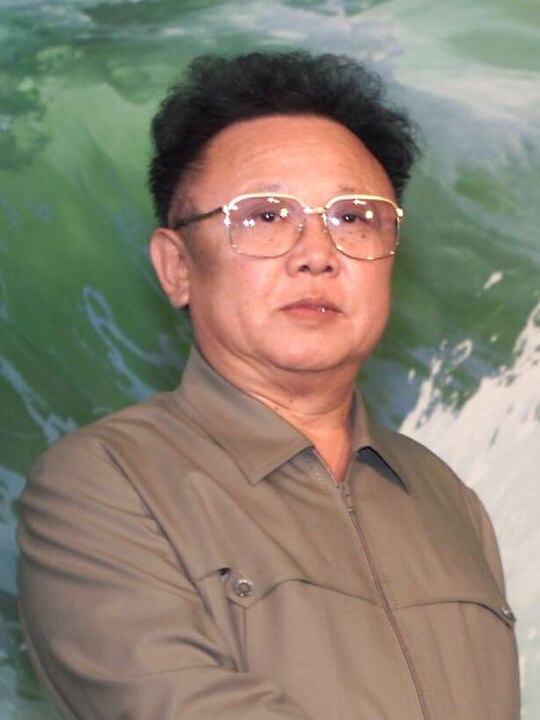
North Korea’s leader built a parallel world on soundstages, collecting thousands of films and issuing dense notes on shots, lighting, and performance. Productions mirrored state myths and obedience, with artists pressed into service until a scene matched the script. The hobby was not a private escape so much as a second throne room, one where narrative never misbehaved. Public certainty met private direction, and the nation’s image became both subject and product of a single watchful gaze.
Saddam Hussein Wrote Melodramatic Novels
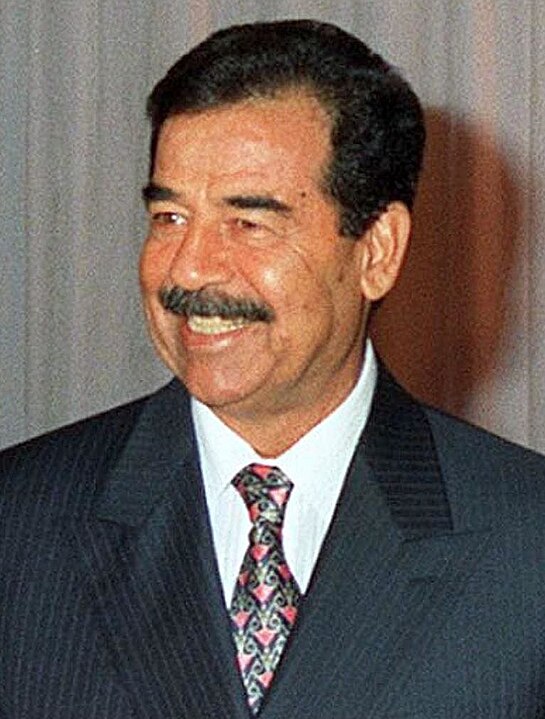
Iraq’s strongman drafted novels and allegories that wrapped power in romance, loyalty, and fate. Editors and ghostwriters circled the pages, yet the impulse was his, to cast the state as a story with one author. The books appeared widely under pressure, turning bookstores into annexes of the palace. The writing did not soften the regime. It clarified a hunger to control plot as well as policy, to assign motives and endings with the same unblinking hand.
Frederick the Great Composed for the Flute
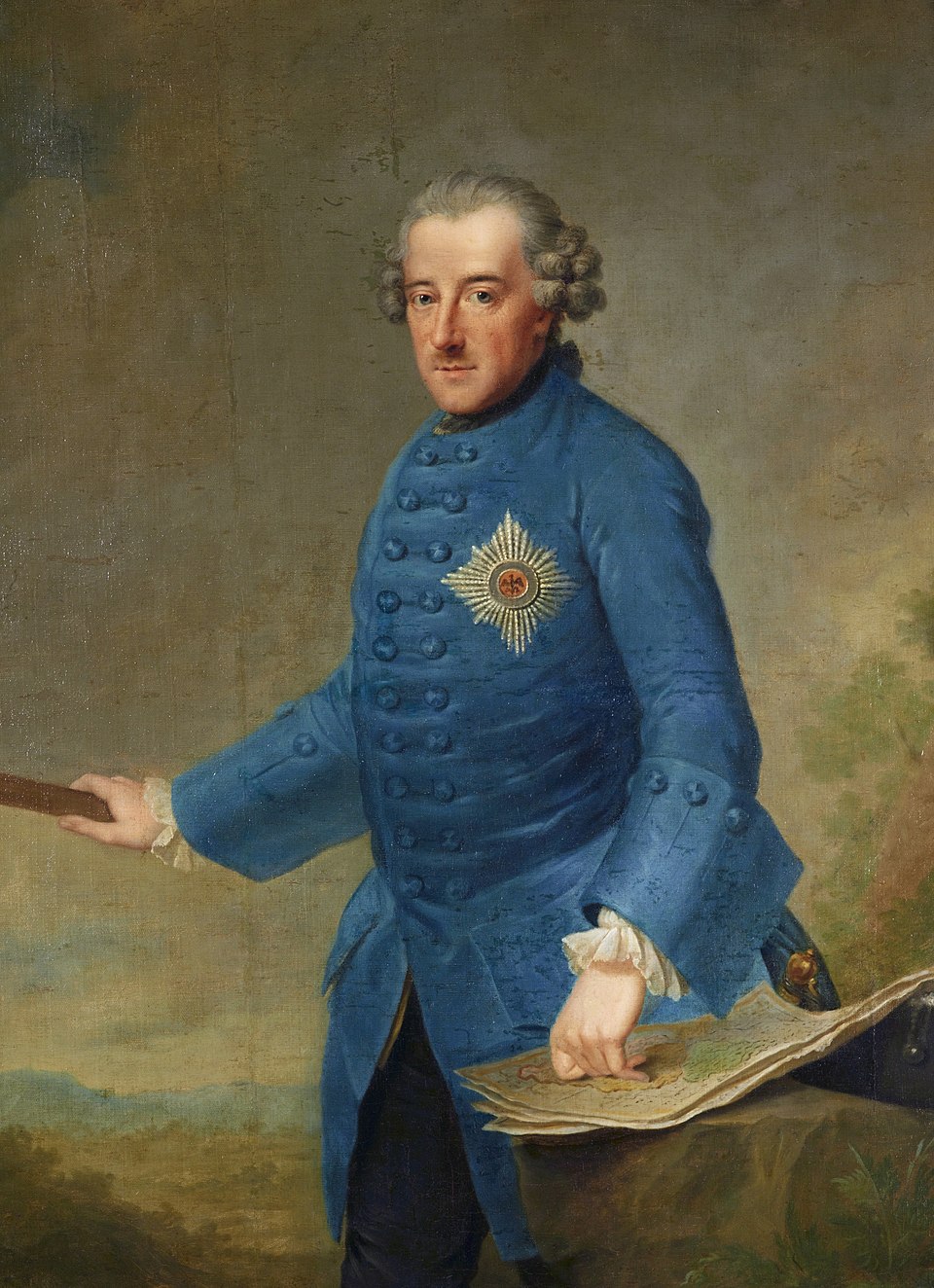
Prussia’s iron tactician practiced the transverse flute daily, composed sonatas, and hosted chamber evenings where courtiers listened as campaigns waited. Music gave discipline a different outlet, one built on form, counterpoint, and clarity that echoed his taste in maneuver. The salon did not cancel the battlefield, but it balanced it, revealing a ruler who thought in lines and structures across domains. When the bow lifted, strategy and score felt like versions of the same rigorous mind.


